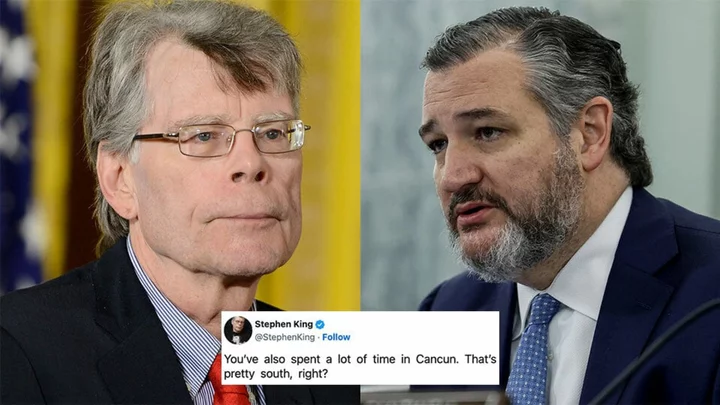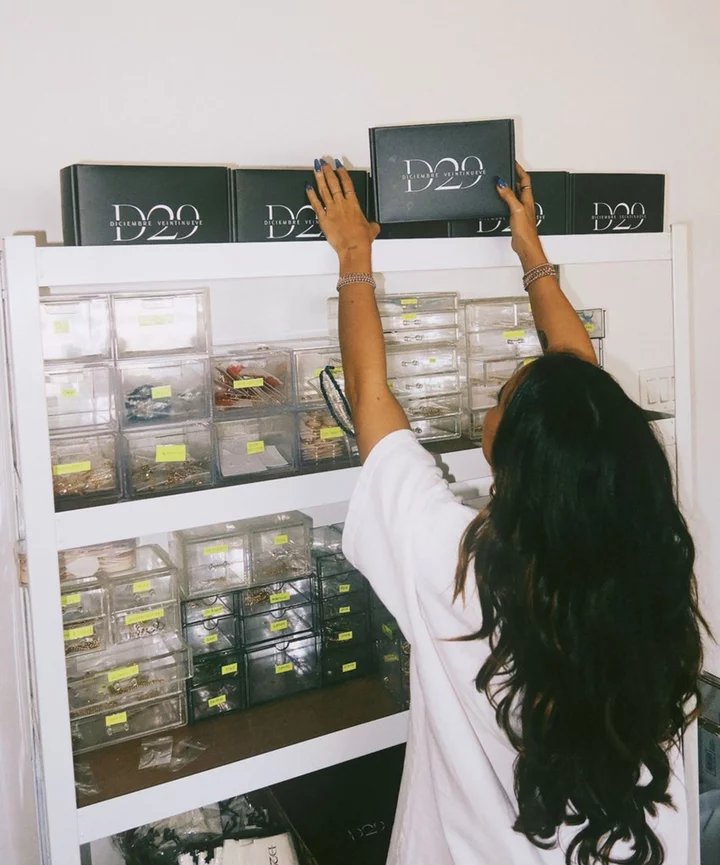By Diane Bartz
WASHINGTON U.S. antitrust enforcers reviewing Kroger's plan to buy rival grocery giant Albertsons are probing whether suppliers will be squeezed in a way that hurts small grocery chains, according to people who spoke to federal and state regulators.
Staffers for the Federal Trade Commission (FTC), which leads the probe into the $24.6 billion deal announced in October, have reached out to experts in farming, food deserts and smaller grocery chains, according to people who spoke with the agency. Staff from states probing the deal, led by Colorado, often joined the calls. It is unclear if the FTC will try to stop the transaction or when a decision would be reached. The agency declined comment. It is not unusual for a complex merger to undergo a year-long government review. Kroger said it was working with the FTC on a divestiture plan to resolve antitrust concerns. "Kroger and the FTC are focused on ensuring that any divested stores are positioned for success," the company said in a statement. The two chains said they would sell up to 650 stores when the deal was announced. If the FTC sues to halt the deal, it would fit with the Biden administration's aggressive antitrust posture and be in line with a broader government effort to ensure big companies do not strike deals that lead to higher prices that boost inflation. "I'm deeply concerned about their proposed merger because of what it could mean for consumers, workers, and the market," said California Attorney General Rob Bonta, a long-time opponent of the deal. Between them, Kroger and Albertsons operate nearly 5,000 stores with more than 800 in California. FTC staff asked the National Grocers Association about the industry dynamic where big chains, like Walmart and potentially a larger Kroger, are able to demand better prices and special access to products, like cleaning supplies during COVID, said the group's head of government relations, Chris Jones. "We're not afraid of big, we're just afraid of the market power abuses," said Jones. FTC staff spoke with the group in April. Jones, who said the FTC has not deposed anyone in his trade group, is pushing for enforcement of a Depression era law that requires companies to give all customers the same price. FTC staff also spoke with officials from the Rocky Mountain Farmers Union early in the year and again in July, along with people from the Colorado attorney general's office, said Director Dan Waldvogle. "What they've been doing a lot is trying to understand how our markets function," said Waldvogle, who argues that big, powerful buyers hurt the small farms and ranches among his 17,000 members. The FTC reached out to the Center for Science in the Public Interest in May to better understand how Americans shop for groceries and what roles different food retailers play, said Sara John, a senior policy scientist at CSPI. She argues that 40 million people already live in areas with limited access to healthy food, and that the merger would exacerbate that issue. Meanwhile in Colorado's Rocky Mountains, the tourist town of Gunnison worries because it has two full-service grocery stores, a Kroger-owned City Market and a nearby Safeway, owned by Albertsons, said the town's Mayor Diego Plata. It is not known if either store is to be divested. Already, Plata said, the stores have trouble keeping staples like milk or certain vegetables in stock during the summer and he worries the deal would make it worse or that workers at Safeway, which is unionized, might lose benefits.
"Food access is already challenging," he said.
(Reporting by Diane Bartz; Editing by Chris Sanders and Anna Driver)









